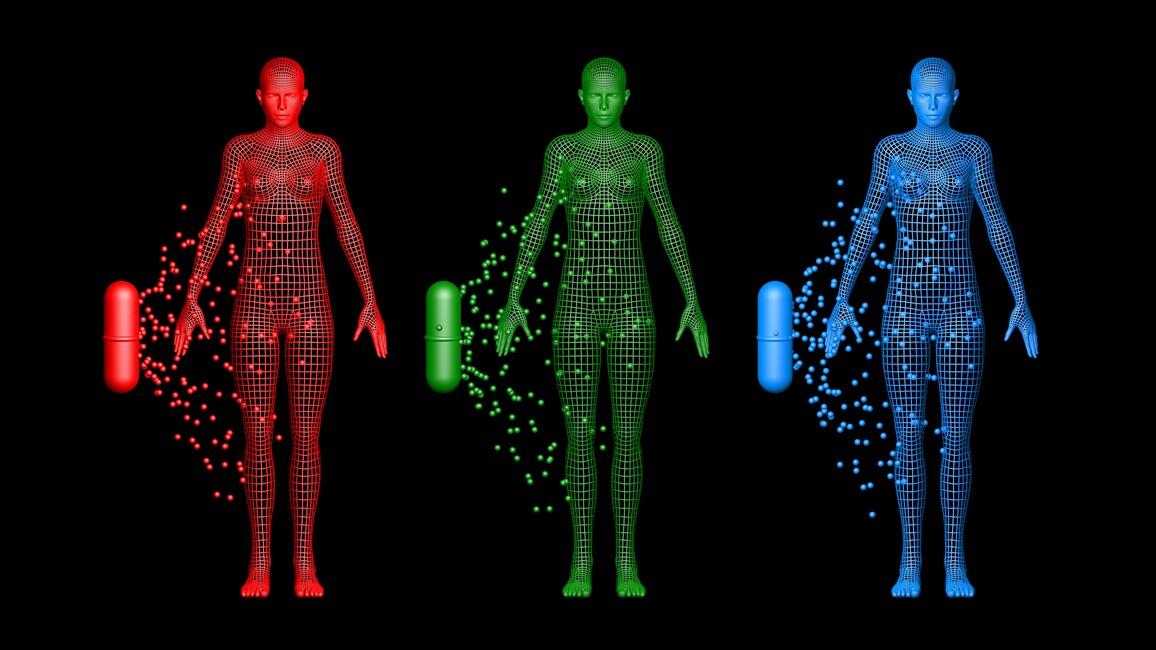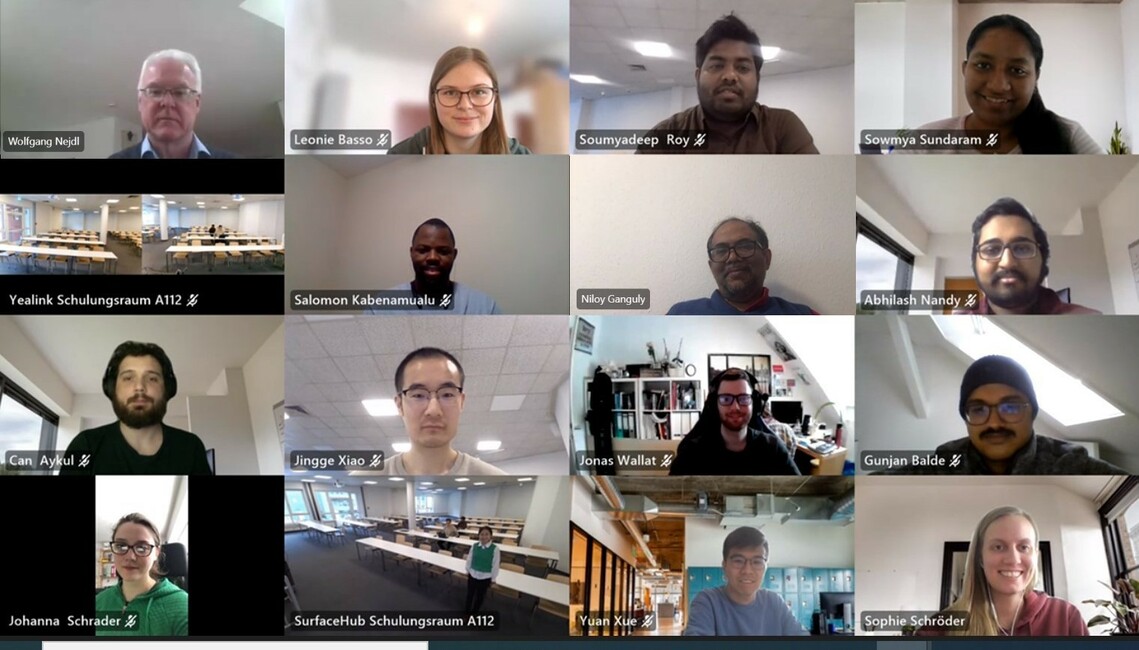Bespoke AI medicine : Date: , Theme: International Future Labs
Will a medical procedure be effective or not? Artificial intelligence could provide doctors with vital clues. The team at the LeibnizAILab is currently investigating what this might look like.
The same procedure for everyone? While this might sound fair, it is not always successful in the reality of medical practice. When patients with the same illness receive the same treatment, they react differently. Some respond very well to the treatment, some notice no difference and some suffer severe side effects. In personalized medicine, doctors therefore attempt to account for as many personal factors affecting the patient as possible and to adjust treatment accordingly.
The International Future Lab for artificial intelligence and personalized medicine – LeibnizAILab – takes up this approach and combines it with artificial intelligence. The lab’s researchers are working together to develop AI solutions for personalized medicine. With the aid of machine learning, they aim to not only accelerate drug development, but also improve diagnostics and treatments. They speak of AI systems that should be “intelligent, reliable and responsible” and which can support doctors in their work.
It is due to the personal factors mentioned above that artificial intelligence harbours such huge opportunities for personalized medicine. Translated into the language of AI, this ultimately means patient data – information about the type and form of the disease, the patient’s genetic characteristics or lifestyle.
World class researchers from Australia, New Zealand, Singapore, India and the USA are working at the LeibnizAILab in collaboration with colleagues from the Leibniz University, Hannover Medical School and other European partner institutes. Geographic borders and disciplinary divides have no role to play in their cooperation. Whether they come from the field of informatics, medicine, human genetics or computer science – the team works in a transdisciplinary format. And this is exactly what make the project so exciting for Dr Megha Khosla, former coordinator of the Future Lab:
“For me, it’s an exciting challenge and opportunity at the same time, to bring together researchers from different academic cultures and from all over the world with a wide range of expertise – and all in an online setting.”
Dr Khosla organized the launch of the lab in summer 2020. In March 2022, Dr Cameron Pierson and Dr Zhao Ren took over responsibility for coordinating the lab.
Quick adaptation after a bumpy start
The online setting that Khosla refers to is a result of the coronavirus pandemic. Just as for the other two future labs in Munich and Berlin, the pandemic came as a big surprise to the LeibnizAILab.
“This situation posed a major challenge for us,” Khosla remembers.Researchers were unable to travel to Hannover as planned and had to postpone their arrival. “Straight away, we decided to reorganize our work and go completely online,” says the Lab’s former coordinator. From then on, everything took place on a digital network platform – every meeting and discussion, even the kick-off workshops. The first three-day workshop was held in August 2020.
“It took a while for us to find a time that worked for all the researchers spread across so many different time zones,” says Khosla. At the workshop, staff from Hannover Medical School presented several use cases for AI in personalized medicine. The researchers are currently working on these use cases.
“Despite several challenges brought about by COVID-19, it meant that we made huge progress in terms of making our work structures more modern, sustainable and flexible,” concludes Khosla. “We have fitted our meeting rooms with Microsoft Surface Hubs, so that we can hold hybrid meetings. This means we can sit in Hannover and talk to our colleagues in other countries at any time.”
Other events soon followed: workshops for medical use cases in January 2021, where the selected use cases were developed and focus teams were formed, regular seminars and another online workshop in June 2021 with over 100 participants. Gradually, more and more researchers joined the team, which currently comprises 33 people: 20 professors, 4 postdocs and 9 PhD students. Together, they are working on the following areas of application:
- Breast cancer
2. Psychiatric disorders (e.g. schizophrenia or neurodegenerative diseases such as Parkinson’s)
3. Acute lymphoblastic leukaemia (the most common form of blood cancer in children)
4. Paediatric intensive care (recognition of organ failure)
For the first use case – breast cancer – the team at the LeibnizAILab has now developed a suitable AI programme that can even understand our language and specific medical questions. You can find out more about which answers this programme can provide and how it can help doctors to choose the right form of treatment by reading this article.

